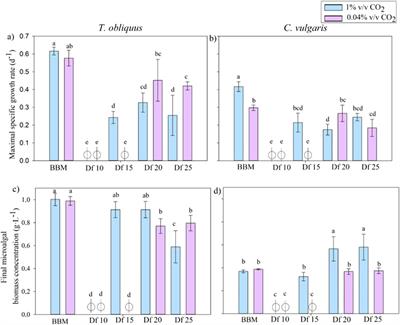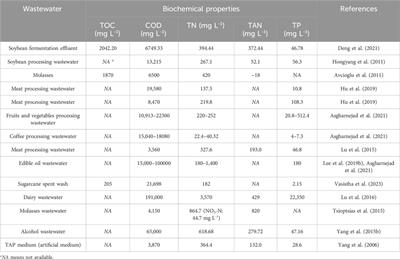ORIGINAL RESEARCH
Published on 09 Jan 2025
Effects of CO2 and liquid digestate concentrations on the growth performance and biomass composition of Tetradesmus obliquus and Chlorella vulgaris microalgal strains

doi 10.3389/fbioe.2024.1459756
- 325 views

